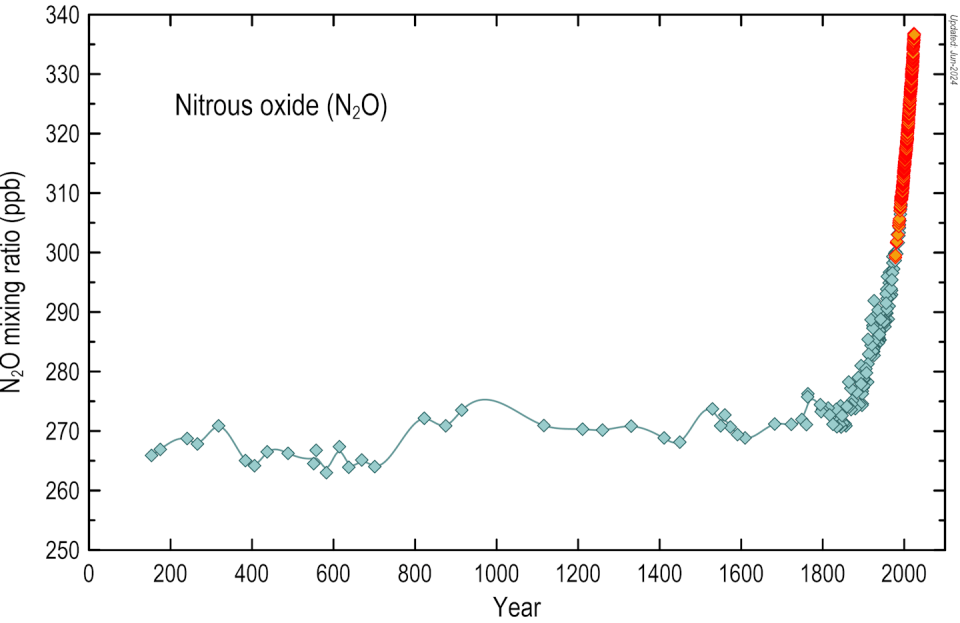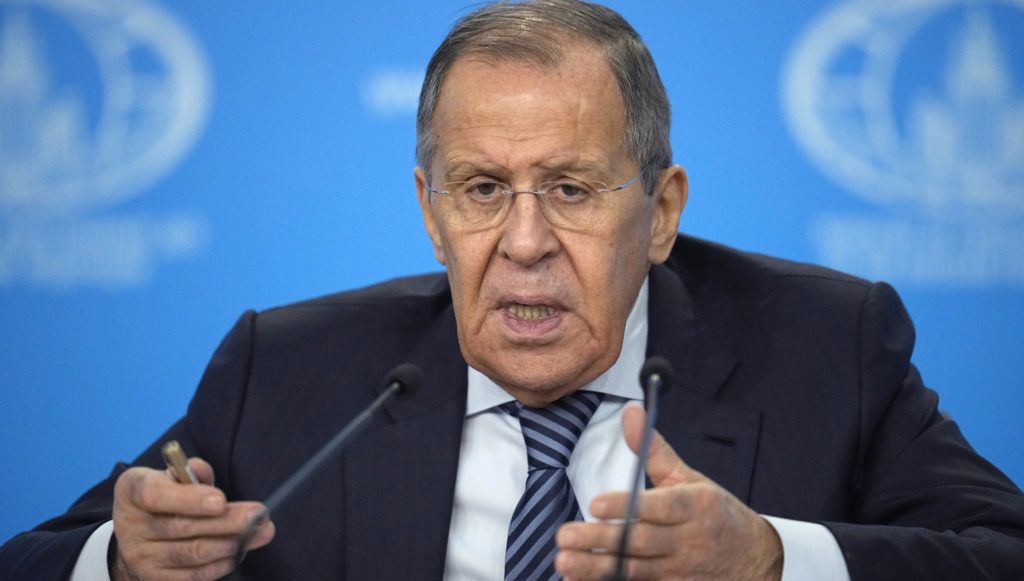The first round of voting in elections to France’s National Assembly were under way on Sunday, with President Emmanuel Macron seeking to increase the relative majority currently held in the lower house by his centrist bloc.
Polling booths opened at 8 am (0600 GMT), with 49.3 million people eligible to vote. Voting in a number of overseas territories had already started on Saturday due to the time difference. The first projections are expected shortly after 8 pm.
Macron called the snap election after the far-right National Rally (RN) made large gains in elections to the European Parliament at the beginning of this month.
The RN is leading in pre-election polling ahead of the new leftist alliance, the New Popular Front (NPF), recently established to contest the elections. The Ensemble (Together) alliance, led by Macron’s Renaissance party, is trailing in third place.
Recent polls put Macron’s centrist camp in third place with between 20% and 20.5%. Le Pen’s RN and its allies were clearly ahead with 36% to 36.5%, followed by the NPF with 29%.
If the RN secures a majority in the 577-member National Assembly, Macron will be compelled to appoint a prime minister from its ranks to secure a stable Cabinet.
Candidates securing an absolute majority in the first round are elected to the assembly, but in most constituencies the victor will emerge only after the second round on July 7.
Forecasts predict that the right-wing nationalists could become the strongest force in the National Assembly. Whether it could also be enough for an absolute majority is unclear – also because local alliances are often formed between the two rounds of voting, which influence the outcome. While the left could remain stable, Macron’s centrist camp is likely to lose seats.
Such an outcome would have serious consequences.
The National Assembly is one of two French chambers of parliament. It is involved in legislation and can topple the government with a vote of no confidence.
If a bloc other than Macron’s centrist camp were to win an absolute majority, Macron would de facto be forced to appoint a prime minister from its ranks. There would then be a so-called cohabitation. Macron’s power would shrink significantly and the prime minister would become more important.
The right-wing nationalists are explicitly aiming to win the election and assume government responsibility. RN party leader Jordan Bardella is set to become prime minister, replacing Macron’s incumbent Gabriel Attal.
The election is being followed with interest in Brussels and Berlin.
German businesses are concerned about the consequences of the election if the extreme right or the extreme left come to power.
“When analysing the economic policy announcements of the right and the left, German and French companies come to the same conclusion: France’s attractiveness would suffer,” said Patrick Brandmaier, managing director of the Franco-German Chamber of Industry and Commerce, in Paris.
Macron’s second and final term in office ends in 2027. A sharp decline in support for his Renaissance-led bloc is certain to limit his effectiveness.
National Rally’s Marine Le Pen is seen as a serious contender in the next presidential elections.
Signup bonus from




